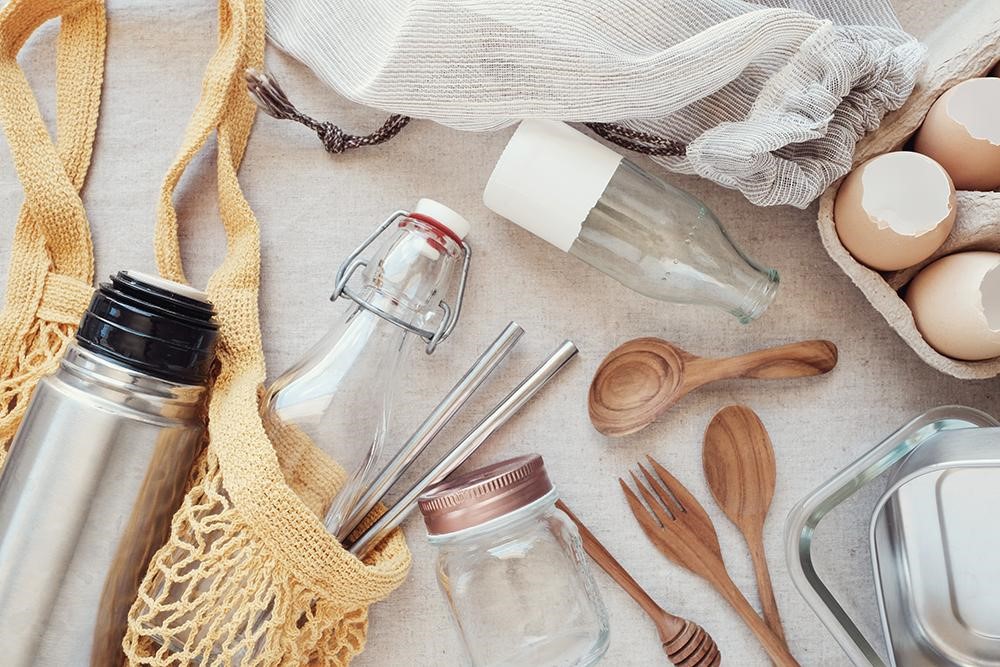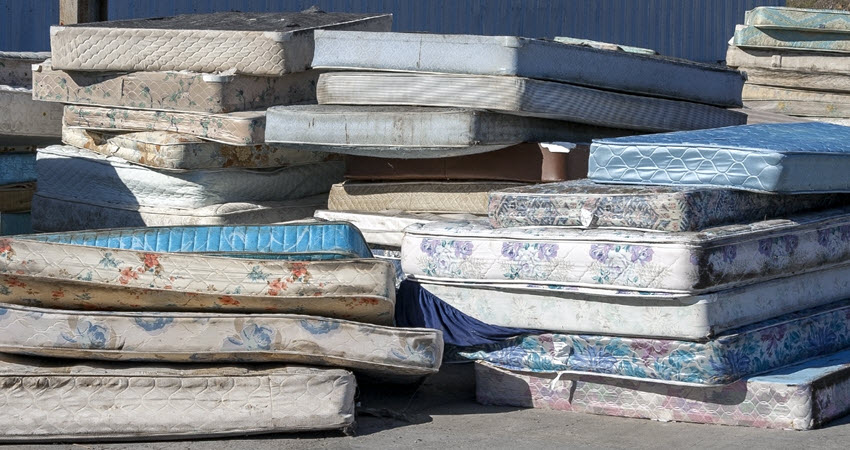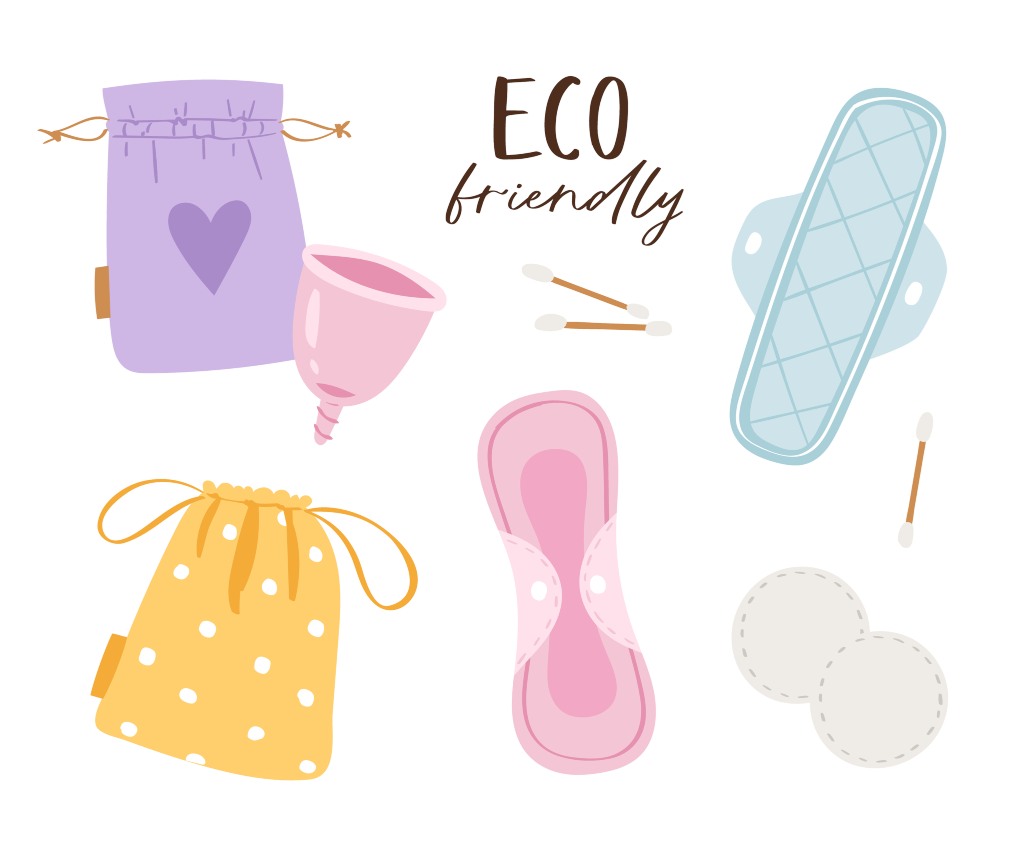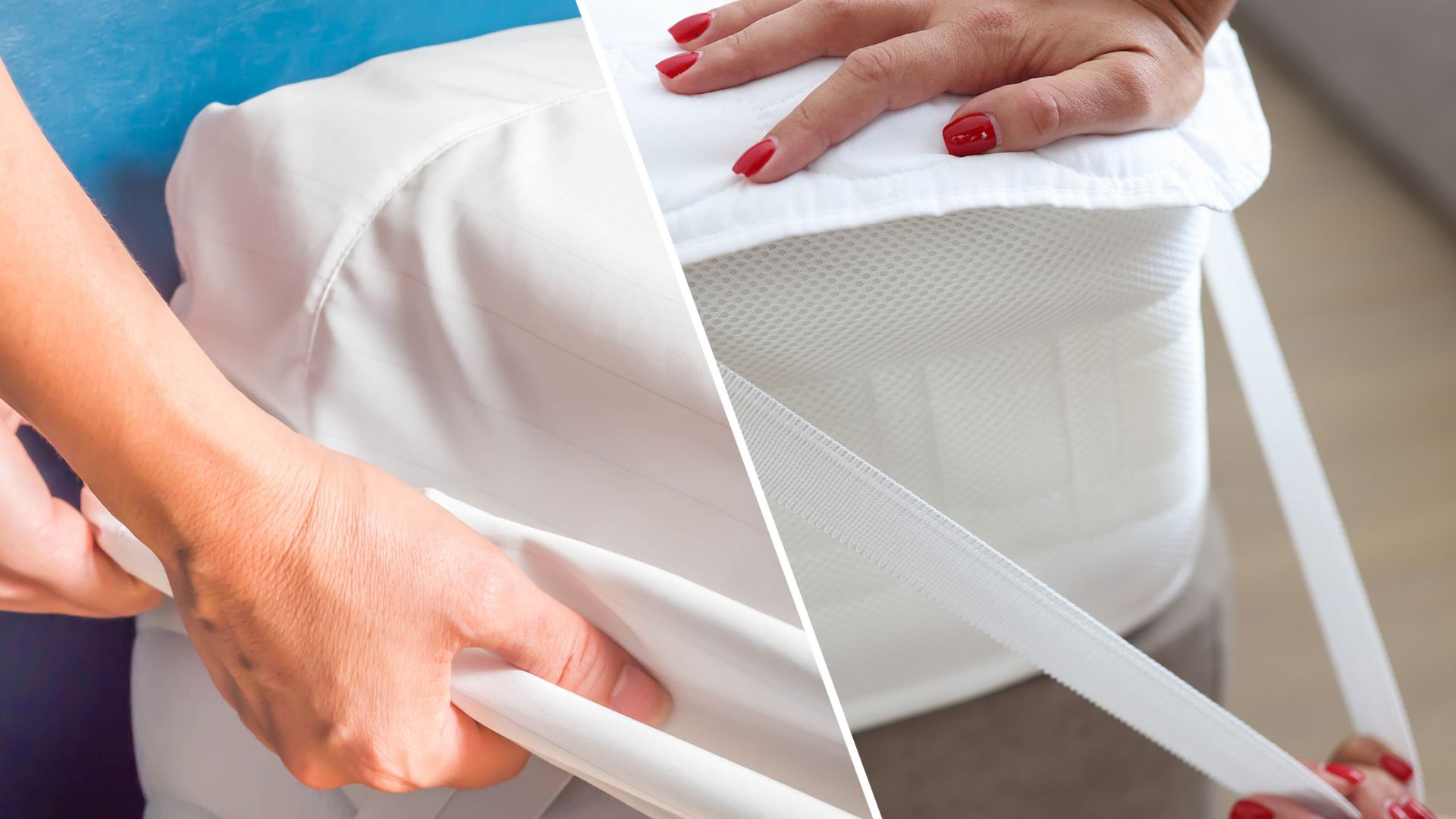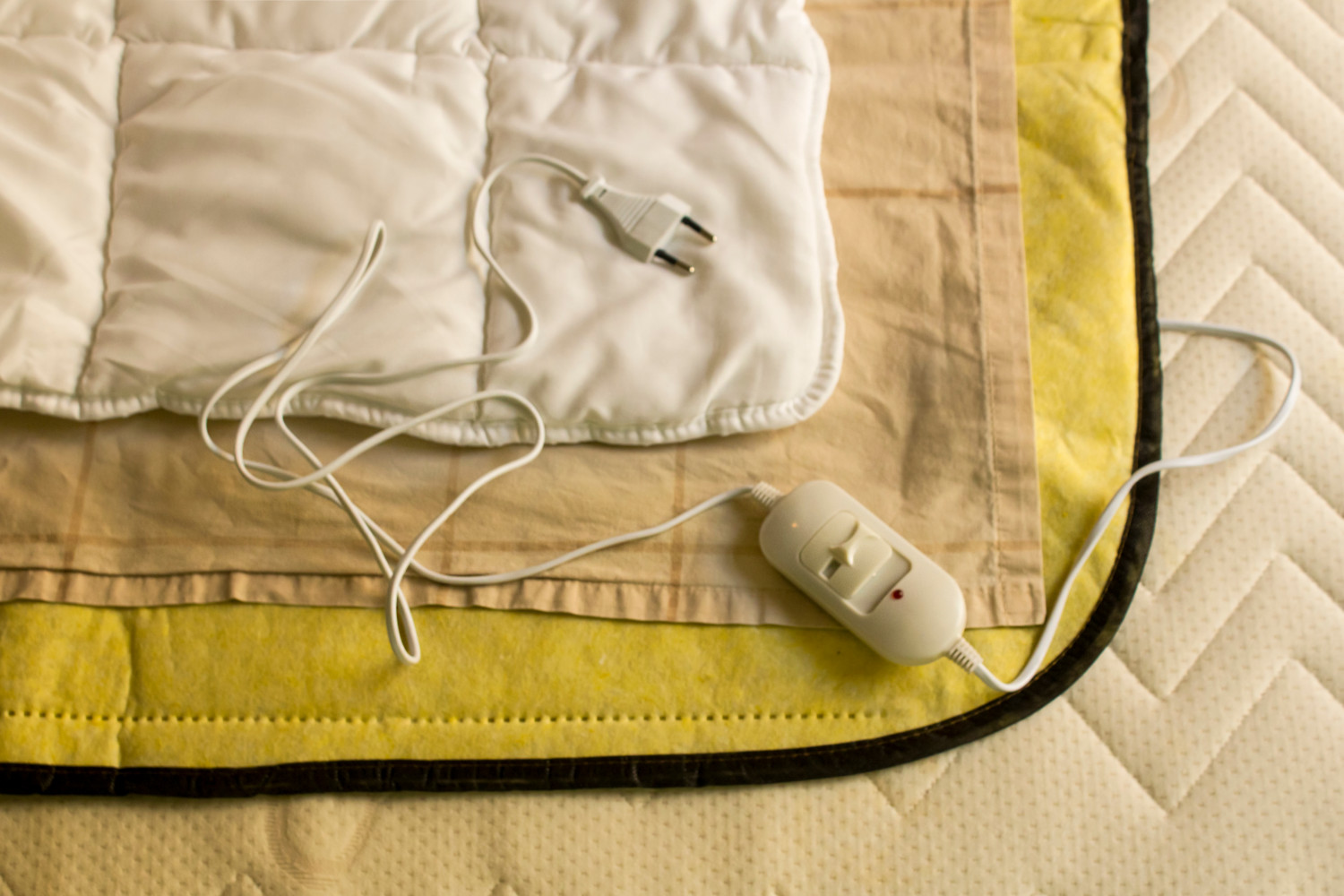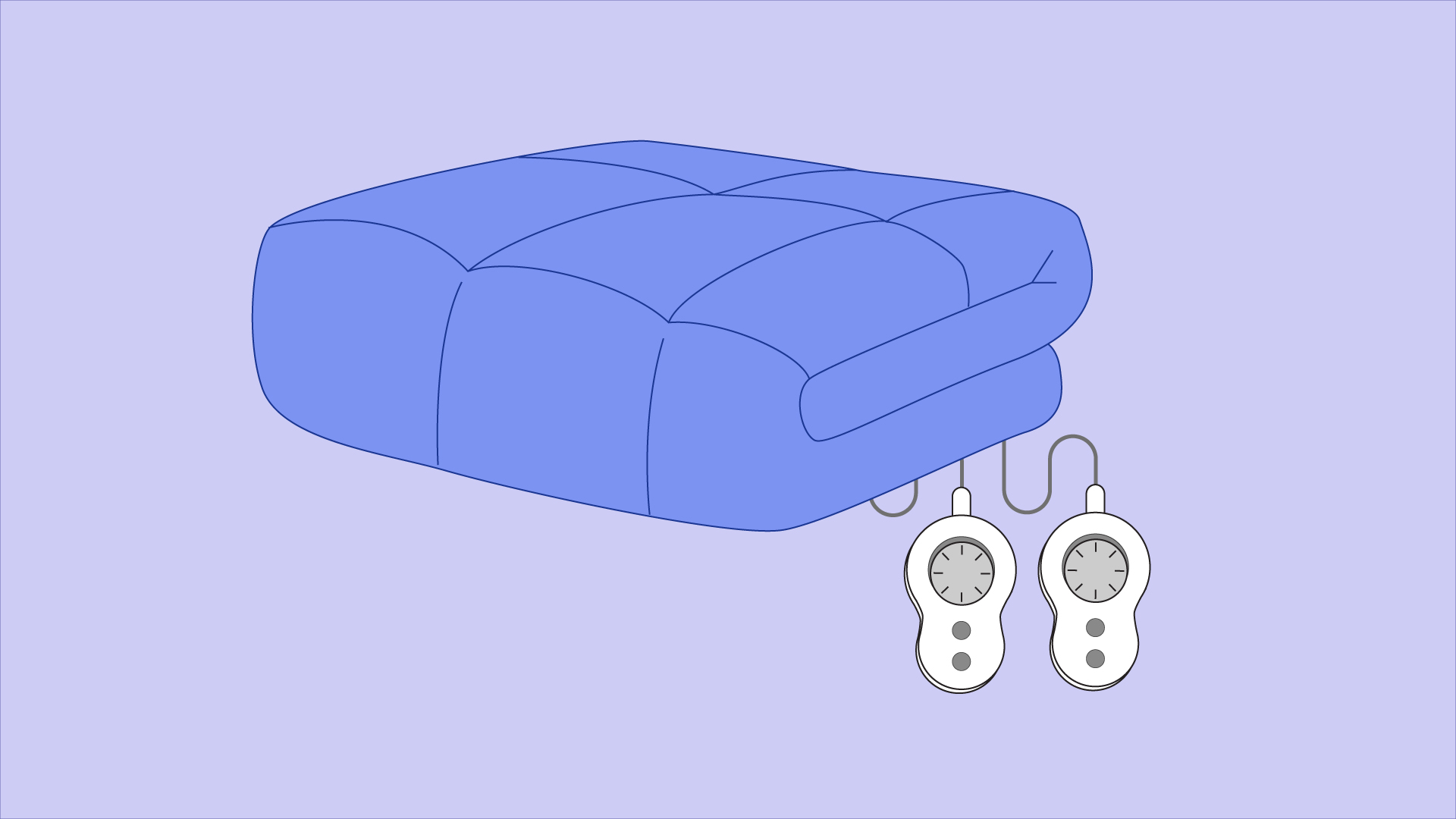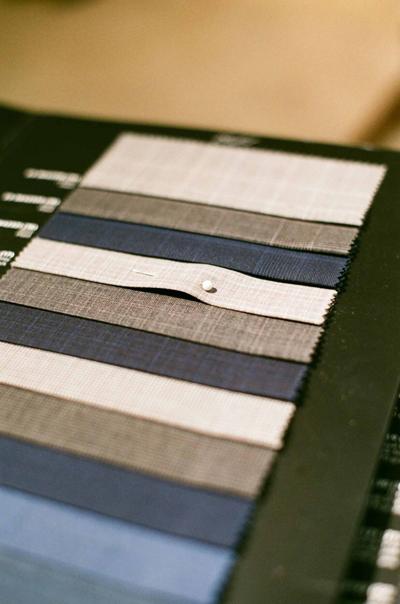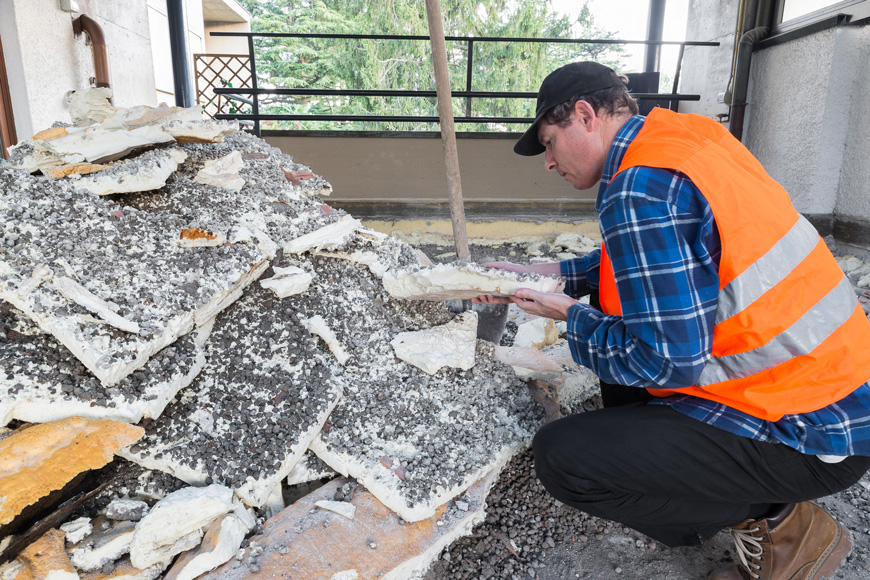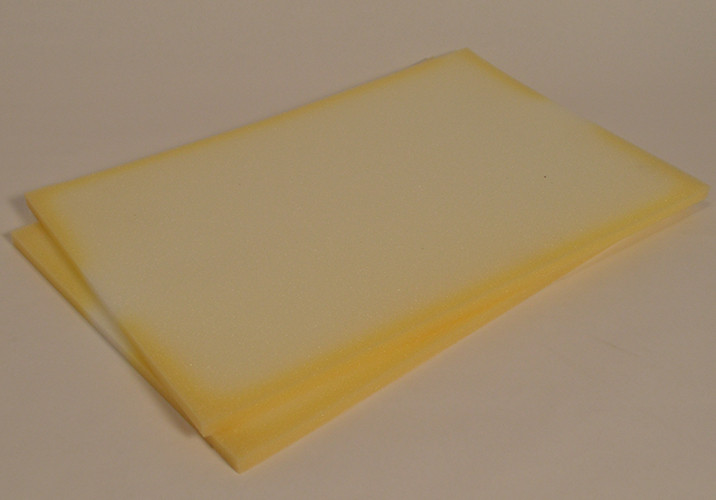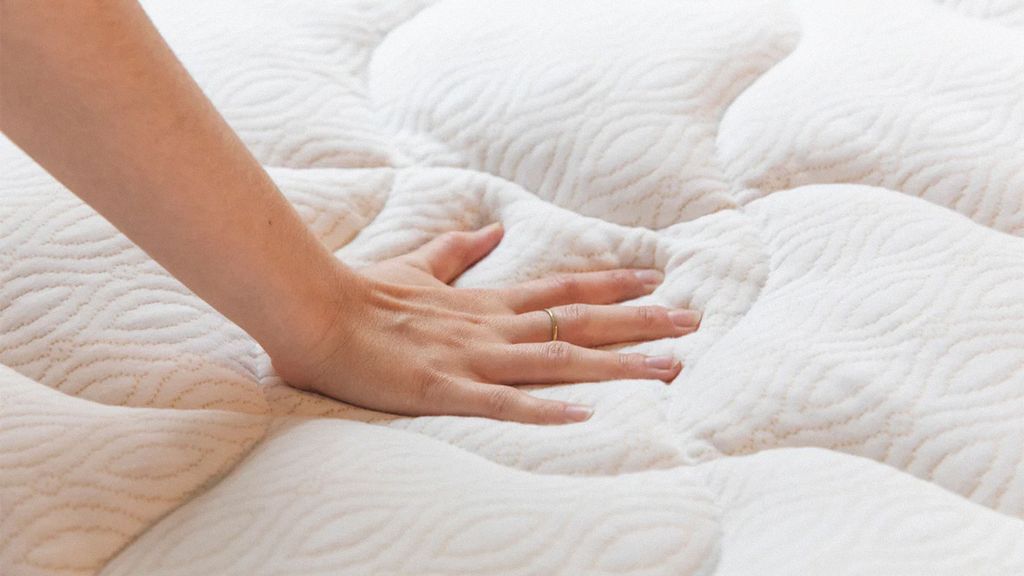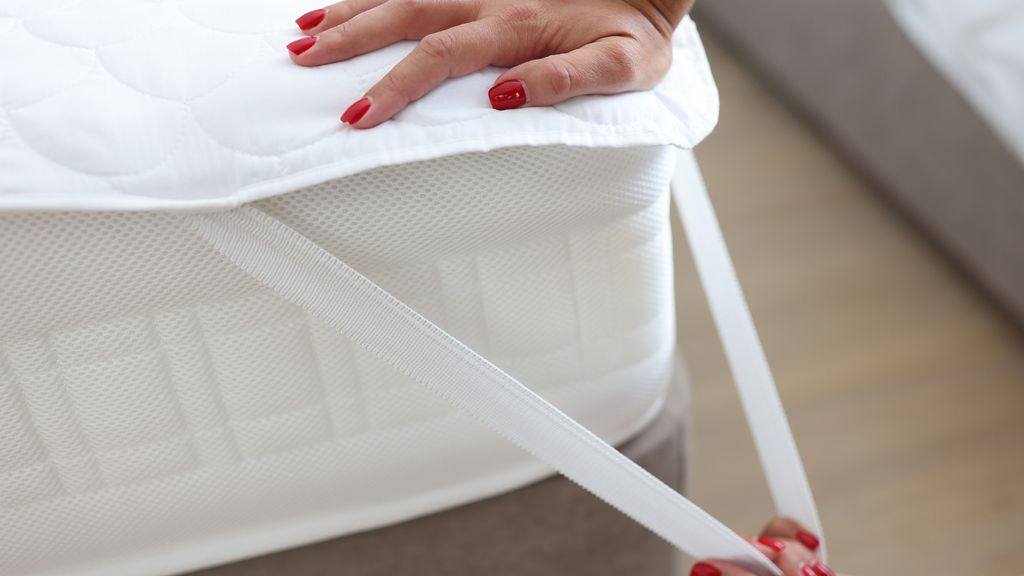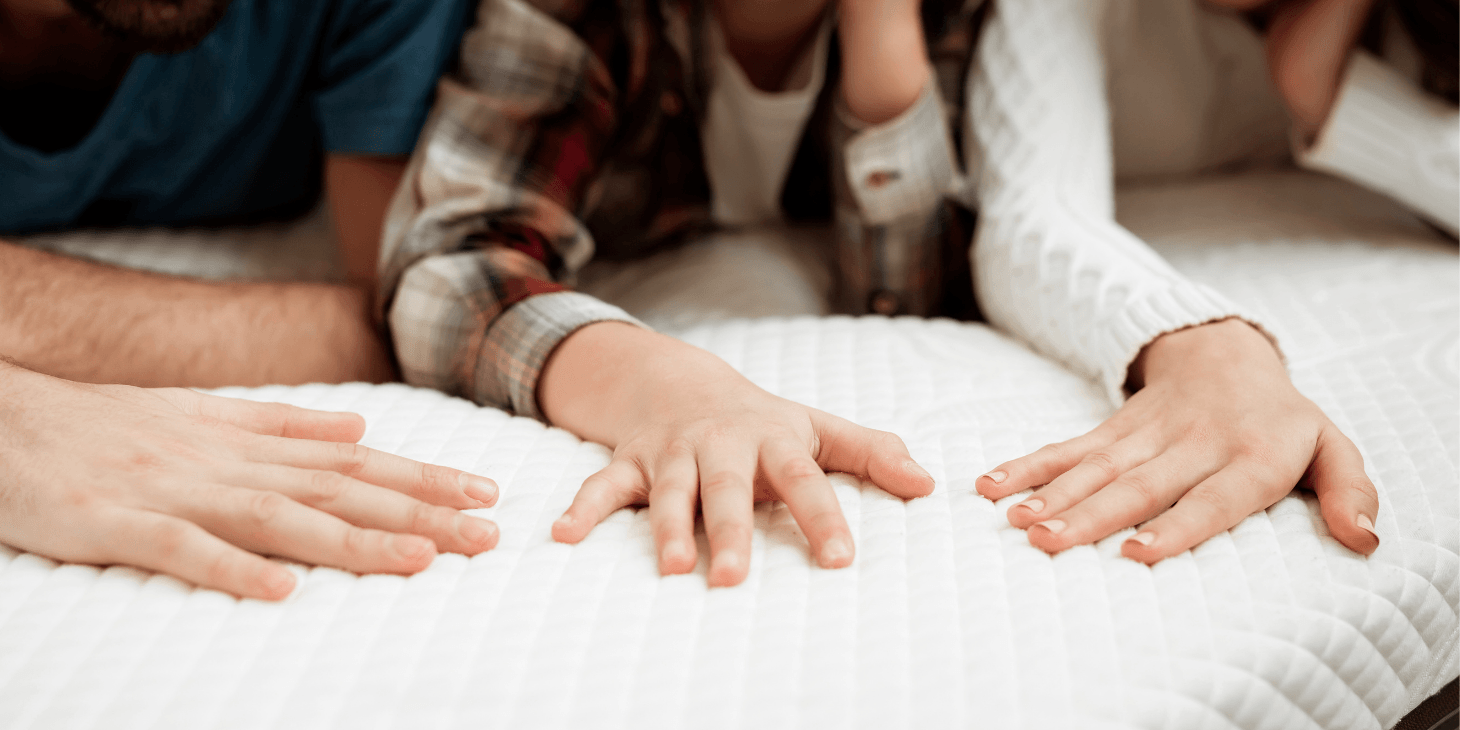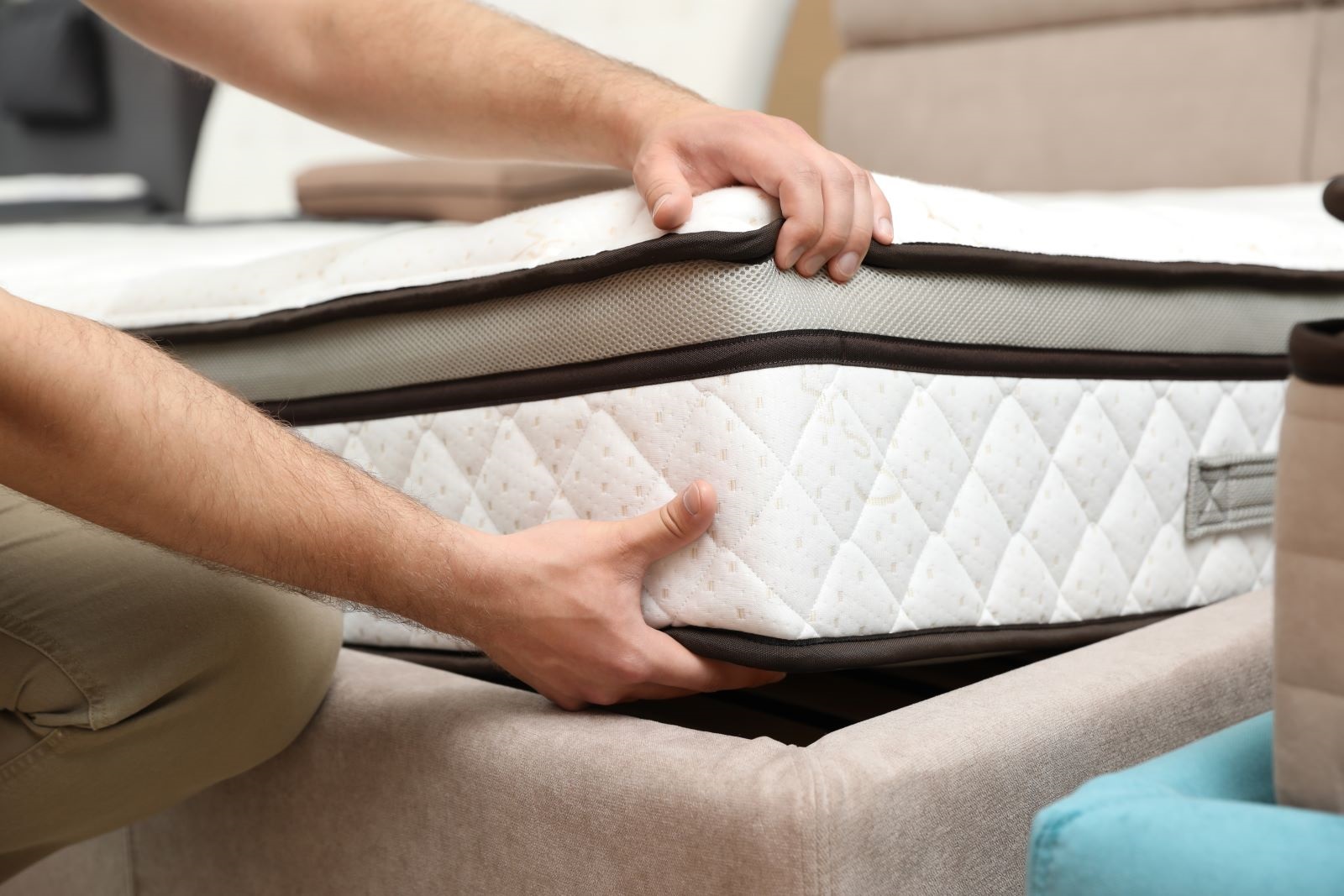Are Polyurethane Mattress Pads Toxic?
Polyurethane foam has become a popular material for mattress pads due to its durability, comfort, and affordability. However, there have been concerns raised about the potential toxicity of this material. In this article, we will explore the dangers of polyurethane foam and whether or not it is safe for use in mattress pads.
What Are the Dangers of Polyurethane Foam?
Polyurethane foam is made from a combination of chemicals, including isocyanates and polyols. These chemicals can emit volatile organic compounds (VOCs) which can be harmful to human health. Studies have linked exposure to VOCs with respiratory irritation, headaches, and in some cases, more serious health issues.
Additionally, polyurethane foam has been found to contain flame retardants, which are used to meet fire safety regulations. These flame retardants have been linked to a variety of health concerns, including endocrine disruption, reproductive issues, and even cancer.
Is Polyurethane Foam Safe for Babies?
Due to the potential health risks associated with polyurethane foam, many parents are concerned about using it in their baby's mattress pad. Babies are especially vulnerable to the effects of VOCs and flame retardants, as their bodies are still developing and they spend a lot of time in close contact with their mattress.
While there is no definitive answer to the safety of polyurethane foam for babies, it is always better to err on the side of caution. Luckily, there are alternative options available for parents who want to ensure their baby's bedding is free from potentially harmful chemicals.
How to Choose a Non-Toxic Mattress Pad
If you are in the market for a new mattress pad, it is important to do your research and choose a non-toxic option. Look for mattress pads made from natural materials such as organic cotton, wool, or natural latex. These materials are free from harmful chemicals and are also more sustainable and eco-friendly.
Be sure to also check for certifications from third-party organizations such as Oeko-Tex, Global Organic Textile Standard (GOTS), or Global Organic Latex Standard (GOLS). These certifications ensure that the product has been tested and meets strict standards for being free from harmful substances.
Polyurethane Foam and Health Concerns
In addition to the potential toxicity of polyurethane foam, there have also been concerns about the effects of long-term exposure to this material. Some studies have suggested that the chemicals in polyurethane foam can break down over time, leading to the release of even more VOCs.
Furthermore, polyurethane foam can also trap heat, leading to increased body temperatures and potential discomfort for sleepers. This can also contribute to a disrupted and uncomfortable sleep, which can have negative impacts on overall health and well-being.
Eco-Friendly Alternatives to Polyurethane Mattress Pads
If you are looking for a more sustainable and eco-friendly option for your mattress pad, there are several alternatives to polyurethane foam. As mentioned earlier, natural materials such as organic cotton, wool, and natural latex are great options as they are free from harmful chemicals and are biodegradable.
Another option is to choose a mattress pad made from recycled materials. These products use materials that have been diverted from landfills, reducing the environmental impact of your purchase. They may also be treated with natural, non-toxic flame retardants.
Understanding the Chemicals in Mattress Pads
When shopping for a mattress pad, it is important to read labels and understand the chemicals used in the product. In addition to polyurethane foam, there are other potentially harmful chemicals that can be found in mattress pads, such as formaldehyde, phthalates, and PBDEs.
Formaldehyde is a known carcinogen and can be found in some mattress pads as a bonding agent. Phthalates have been linked to hormone disruption and reproductive issues, and PBDEs are used as flame retardants and have been found to accumulate in the body over time.
The Environmental Impact of Polyurethane Foam
In addition to the potential health risks, polyurethane foam also has a negative impact on the environment. The production of this material requires the use of fossil fuels, and it is not biodegradable, meaning it will end up in landfills and contribute to pollution.
Furthermore, the off-gassing of VOCs from polyurethane foam can also contribute to air pollution. This is not only harmful to human health but also has a negative impact on the environment.
Polyurethane Foam and Off-Gassing
One of the main concerns about polyurethane foam is the off-gassing of VOCs. Off-gassing occurs when the foam releases chemicals into the air, which can then be inhaled by sleepers. This can lead to respiratory irritation, headaches, and other health issues.
The amount and duration of off-gassing can vary depending on the type and quality of the polyurethane foam used. However, it is important to note that even low levels of exposure to VOCs can have negative impacts on health.
How to Avoid Toxic Mattress Pads
The best way to avoid toxic mattress pads is to do your research and choose a non-toxic option. Look for products made from natural materials, certified by reputable organizations, and free from harmful chemicals such as polyurethane foam.
You can also reduce your exposure to VOCs by properly airing out your mattress pad before using it and regularly cleaning and ventilating your bedroom. It is also a good idea to regularly replace your mattress pad to prevent the build-up of potentially harmful chemicals.
Are Polyurethane Mattress Pads Toxic?

The Rise of Polyurethane Mattress Pads
 Polyurethane mattress pads have become increasingly popular in recent years due to their affordability and perceived comfort. However, with the rise in demand for these products, concerns have also been raised about their potential toxicity. Many consumers are wondering, are polyurethane mattress pads toxic?
Polyurethane foam is a synthetic material
that is made from a combination of chemicals. While it is commonly used in a variety of household products, including mattresses, there have been concerns about its potential health effects. These concerns have led to a growing interest in the safety of polyurethane mattress pads.
Polyurethane mattress pads have become increasingly popular in recent years due to their affordability and perceived comfort. However, with the rise in demand for these products, concerns have also been raised about their potential toxicity. Many consumers are wondering, are polyurethane mattress pads toxic?
Polyurethane foam is a synthetic material
that is made from a combination of chemicals. While it is commonly used in a variety of household products, including mattresses, there have been concerns about its potential health effects. These concerns have led to a growing interest in the safety of polyurethane mattress pads.
Understanding the Potential Risks
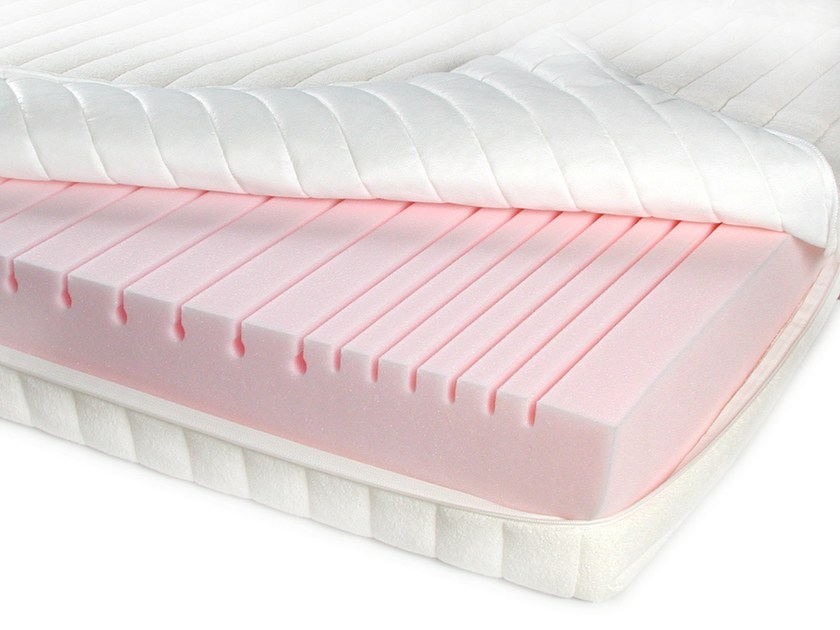 Studies have shown that
polyurethane foam can release volatile organic compounds (VOCs)
, which are chemicals that can be harmful to human health. These VOCs can cause respiratory issues, skin irritation, and allergic reactions. In addition, polyurethane foam can also release
formaldehyde
, a known carcinogen, into the air.
Furthermore,
polyurethane foam is highly flammable
and can release toxic gases when burned. This is a major concern for individuals who may be exposed to these fumes in the event of a fire. While some manufacturers have added flame retardants to their polyurethane foam products, these chemicals have also been linked to potential health risks.
Studies have shown that
polyurethane foam can release volatile organic compounds (VOCs)
, which are chemicals that can be harmful to human health. These VOCs can cause respiratory issues, skin irritation, and allergic reactions. In addition, polyurethane foam can also release
formaldehyde
, a known carcinogen, into the air.
Furthermore,
polyurethane foam is highly flammable
and can release toxic gases when burned. This is a major concern for individuals who may be exposed to these fumes in the event of a fire. While some manufacturers have added flame retardants to their polyurethane foam products, these chemicals have also been linked to potential health risks.
Safe Alternatives to Polyurethane Mattress Pads
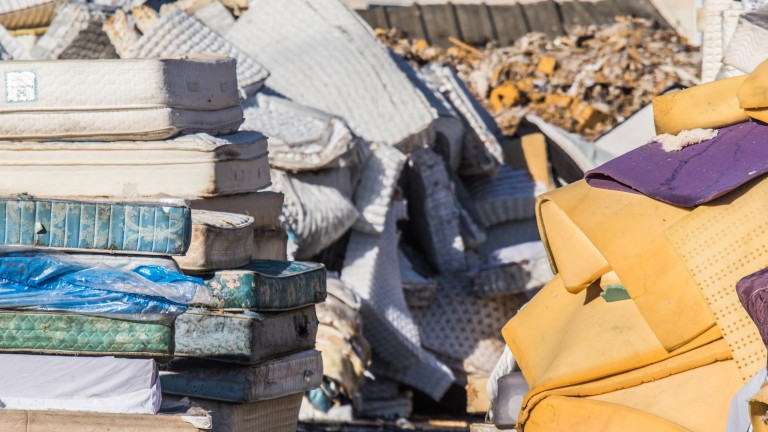 If you are concerned about the potential toxicity of polyurethane mattress pads, there are safe alternatives available. One option is to choose a mattress pad made from
organic materials
, such as natural latex or cotton. These materials are free from harmful chemicals and are biodegradable, making them a more environmentally friendly choice.
Another alternative is to choose a mattress pad made from
memory foam
, which is a type of polyurethane foam that has been treated to reduce the release of VOCs. While memory foam may still contain some chemicals, it is generally considered to be a safer option than traditional polyurethane foam.
If you are concerned about the potential toxicity of polyurethane mattress pads, there are safe alternatives available. One option is to choose a mattress pad made from
organic materials
, such as natural latex or cotton. These materials are free from harmful chemicals and are biodegradable, making them a more environmentally friendly choice.
Another alternative is to choose a mattress pad made from
memory foam
, which is a type of polyurethane foam that has been treated to reduce the release of VOCs. While memory foam may still contain some chemicals, it is generally considered to be a safer option than traditional polyurethane foam.
In Conclusion
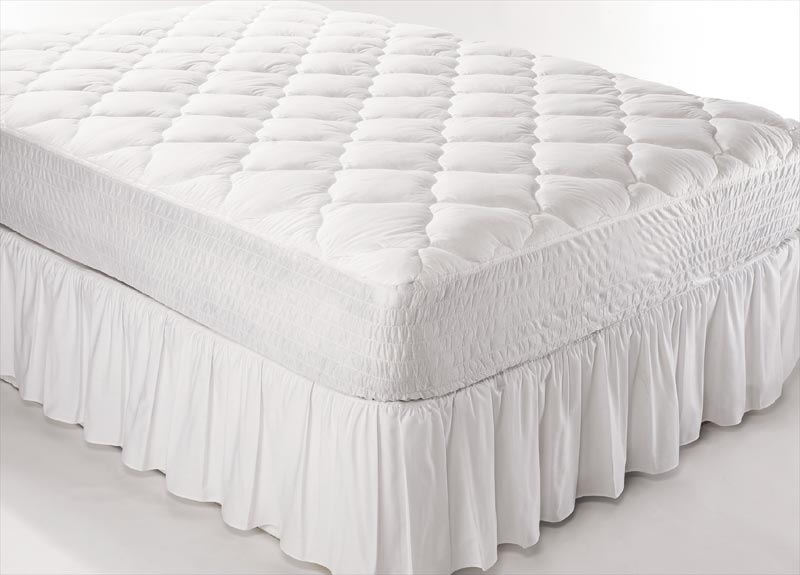 In conclusion, while polyurethane mattress pads may offer a budget-friendly option for those in need of a new mattress, there are valid concerns about their potential toxicity. If you are considering purchasing a polyurethane mattress pad, it is important to do your research and carefully consider the potential health risks. Alternatively, choosing a mattress pad made from organic materials or treated memory foam can provide a safer and more environmentally friendly option.
When it comes to your health and well-being, it's always better to be safe than sorry.
In conclusion, while polyurethane mattress pads may offer a budget-friendly option for those in need of a new mattress, there are valid concerns about their potential toxicity. If you are considering purchasing a polyurethane mattress pad, it is important to do your research and carefully consider the potential health risks. Alternatively, choosing a mattress pad made from organic materials or treated memory foam can provide a safer and more environmentally friendly option.
When it comes to your health and well-being, it's always better to be safe than sorry.

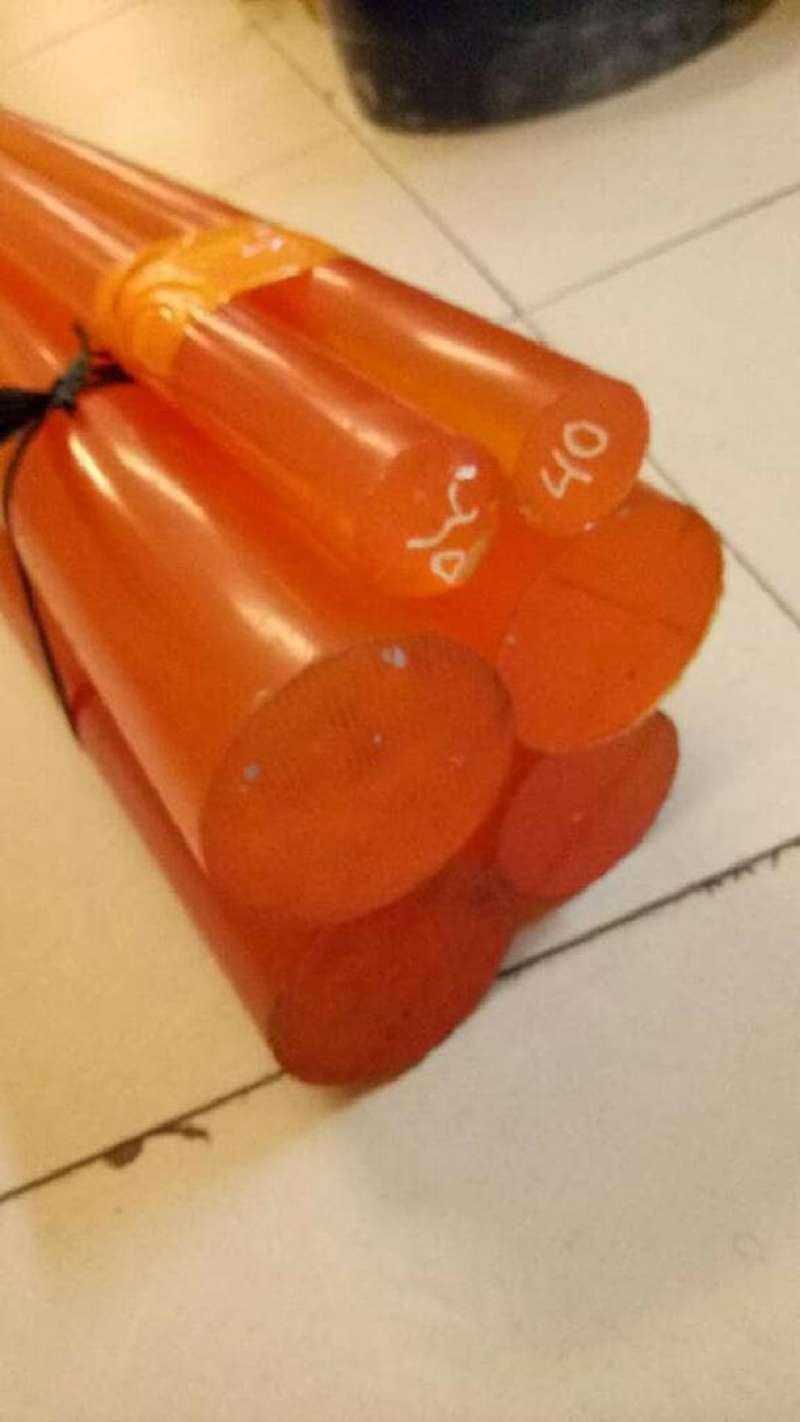

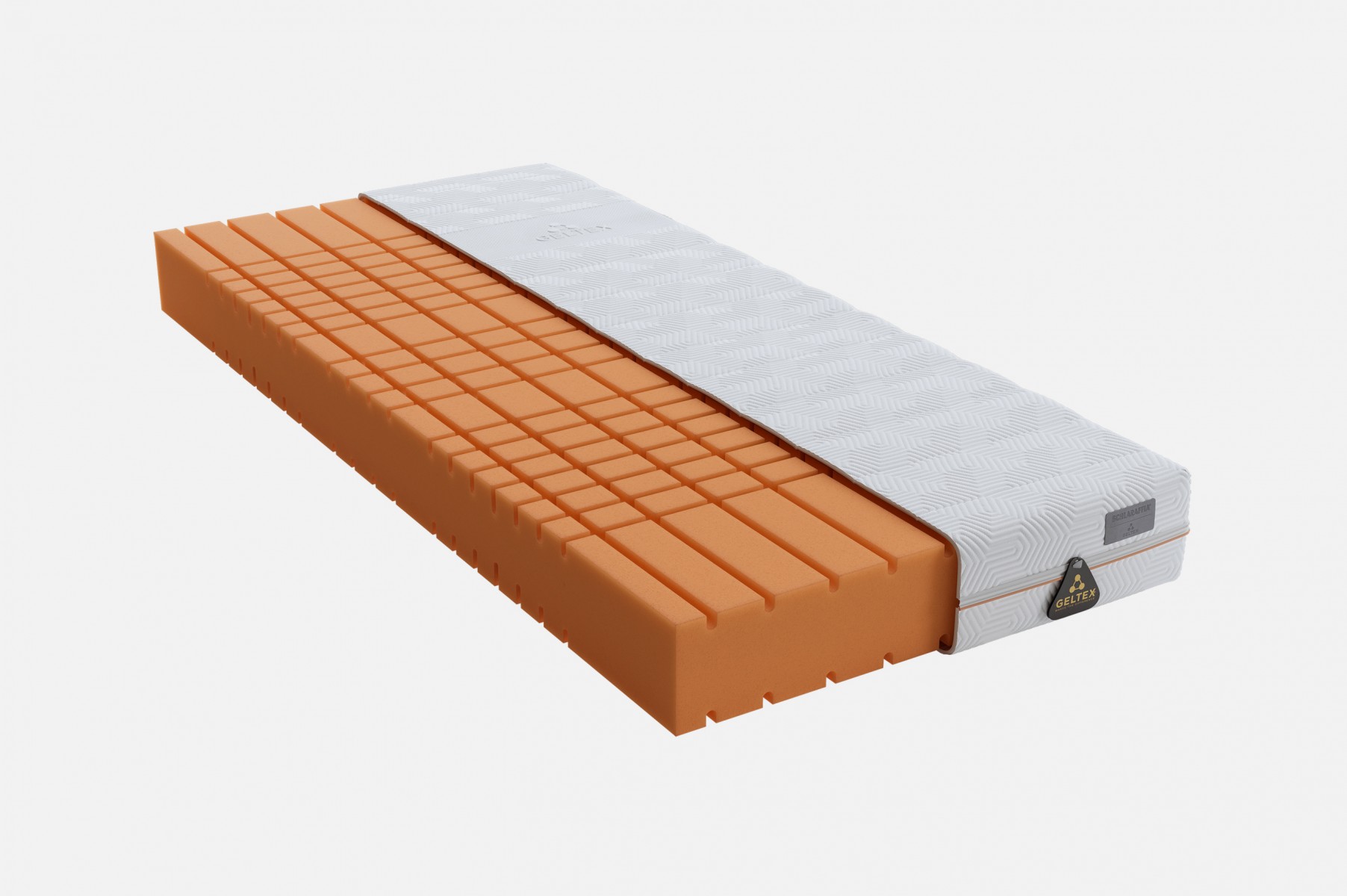
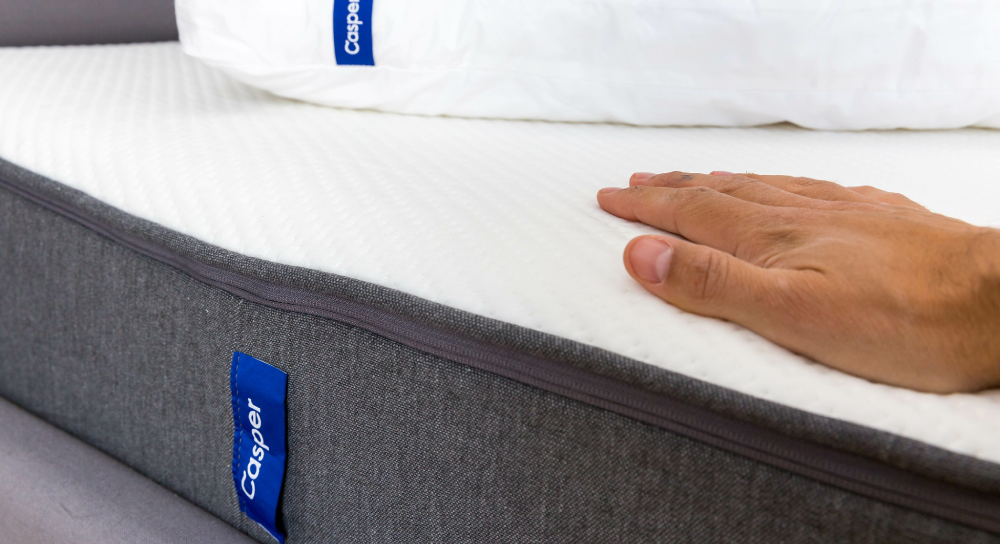

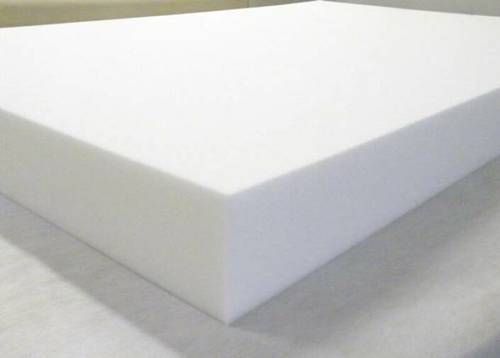


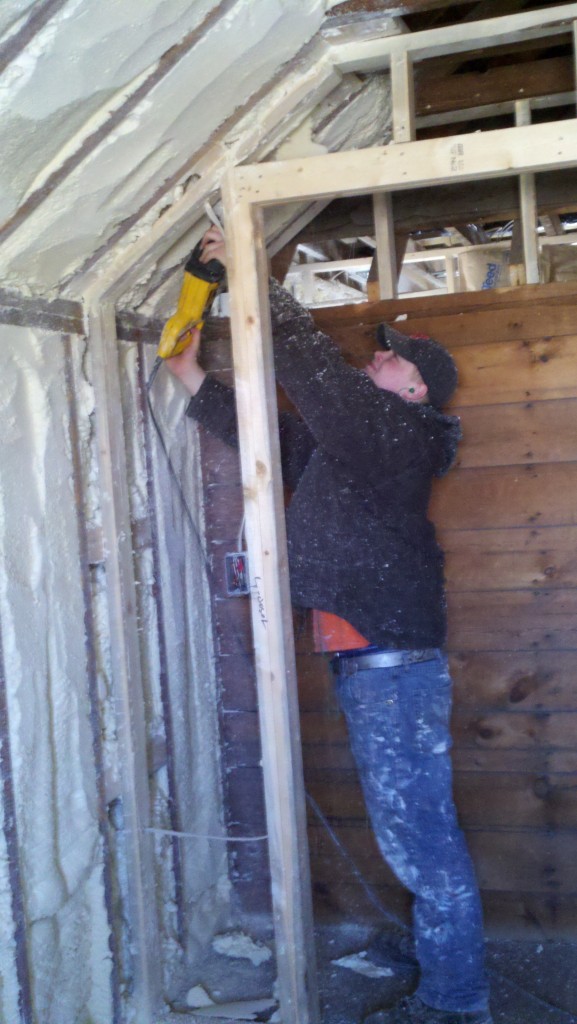
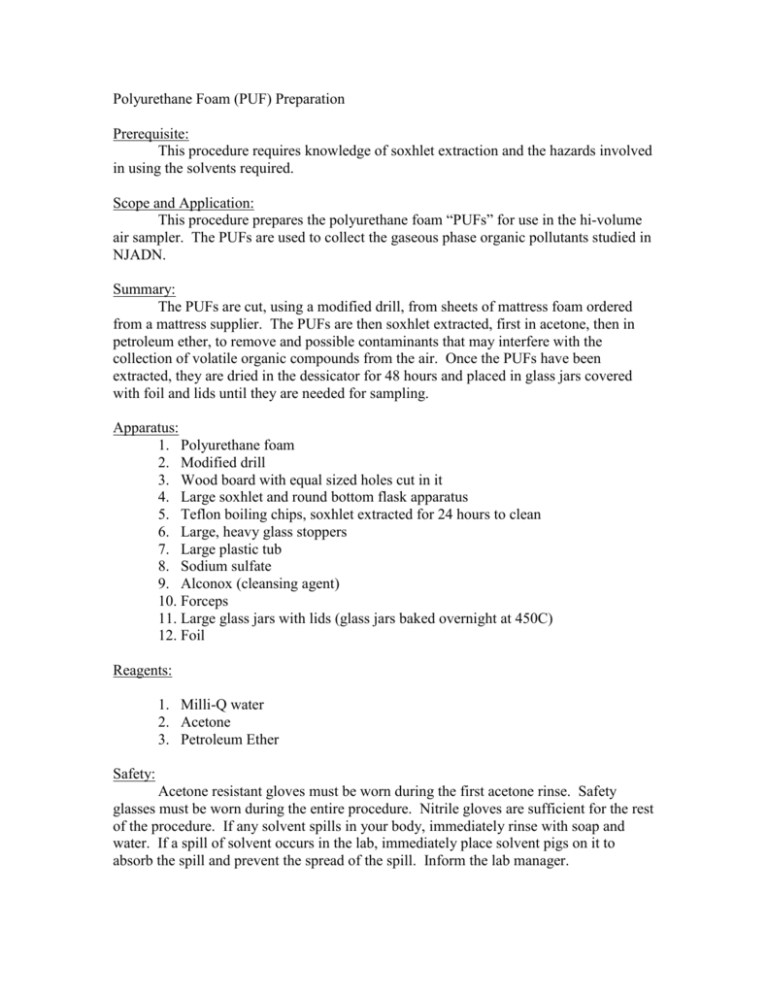
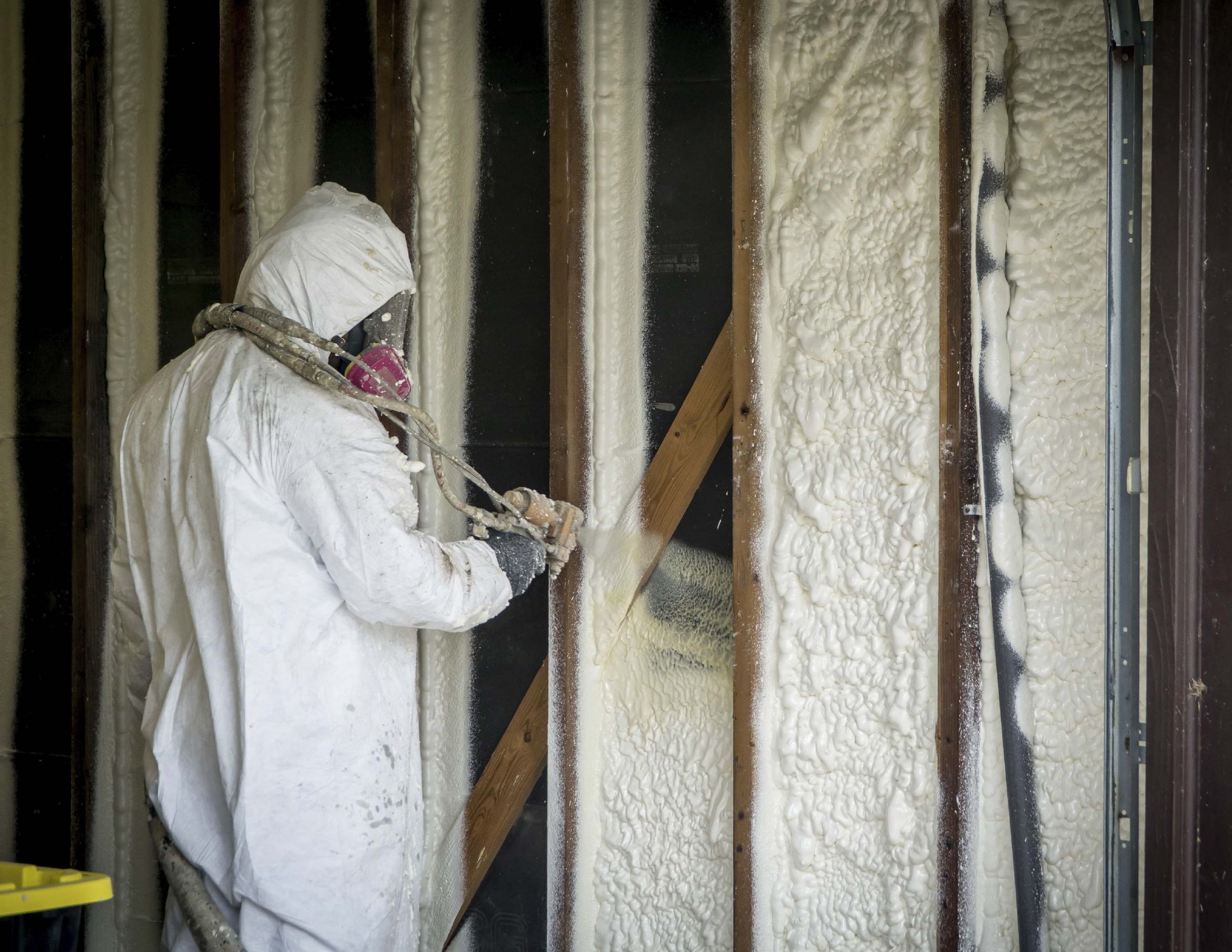
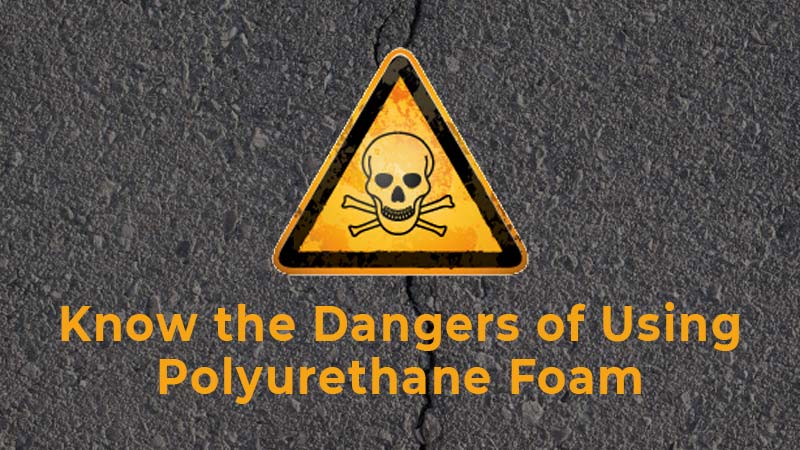


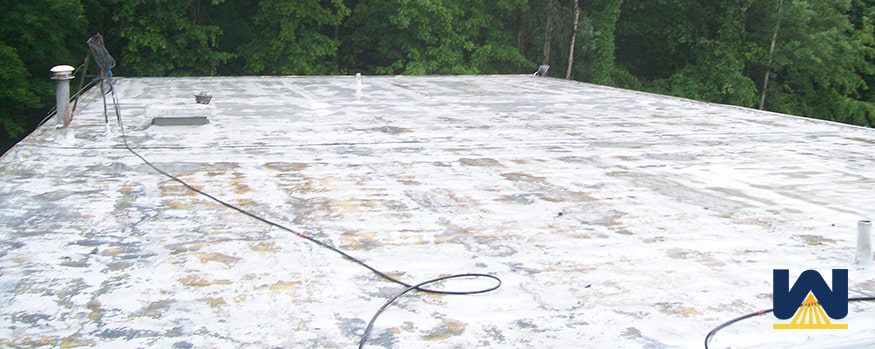




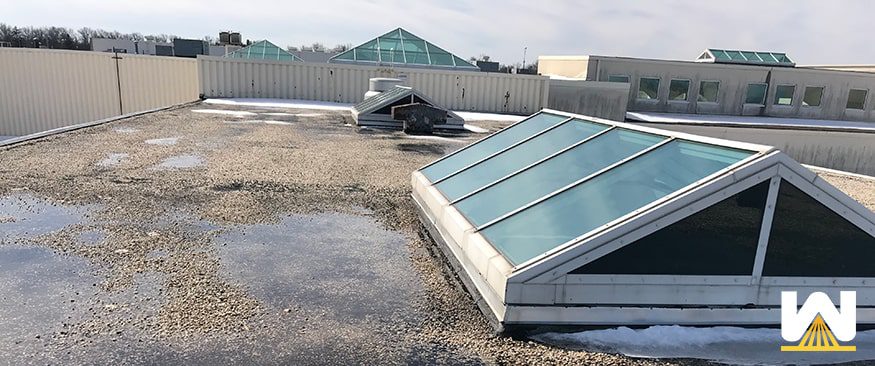



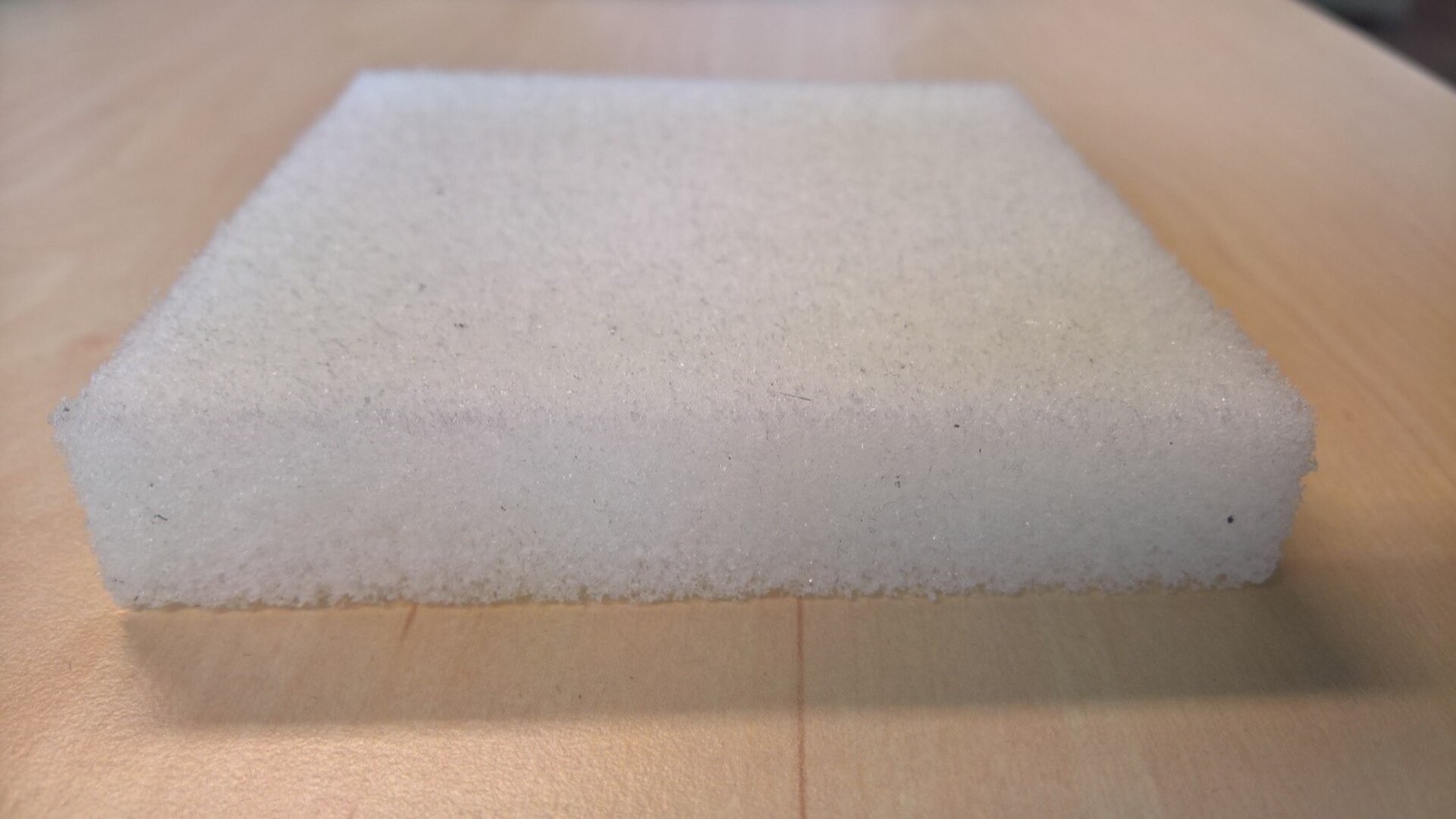


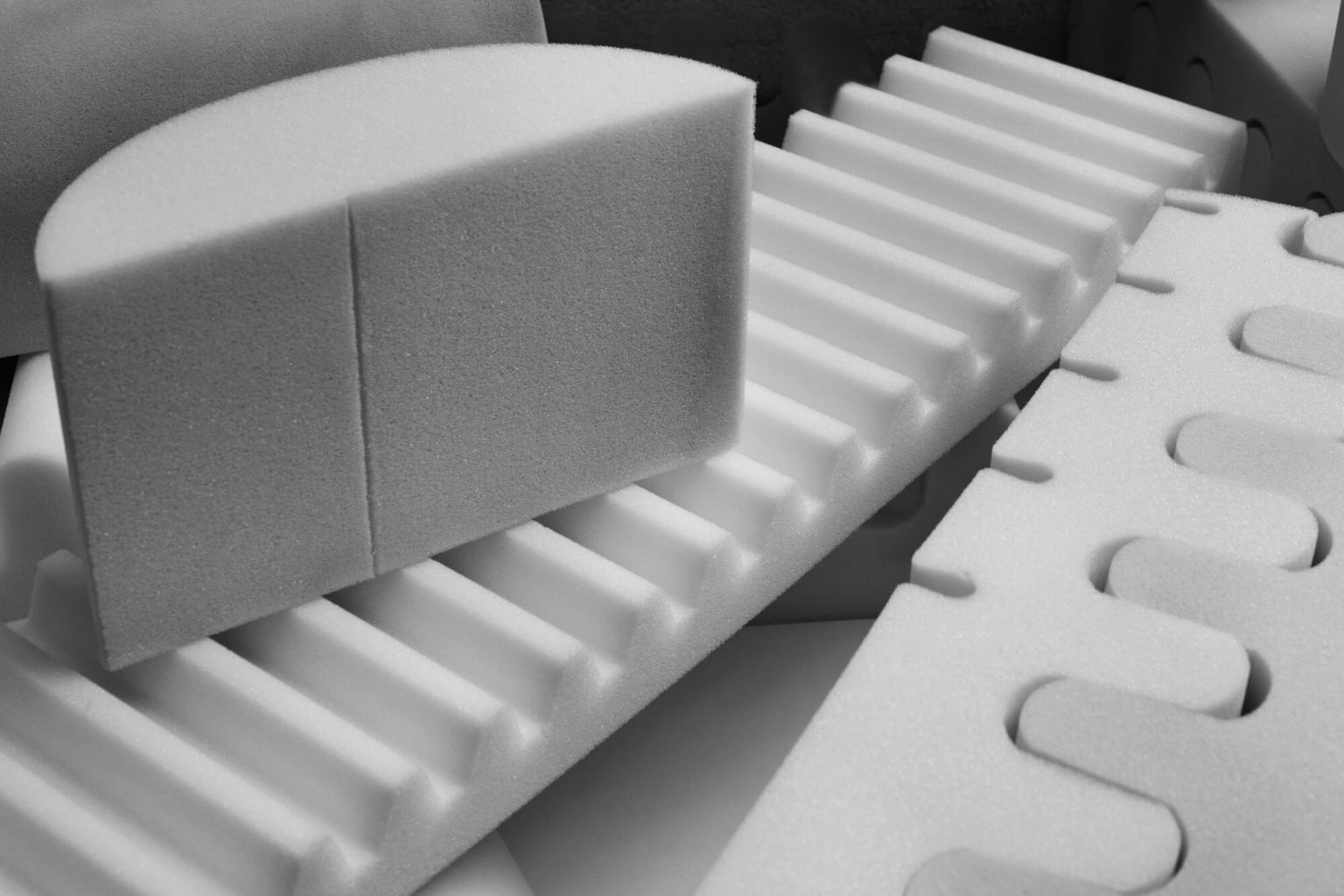

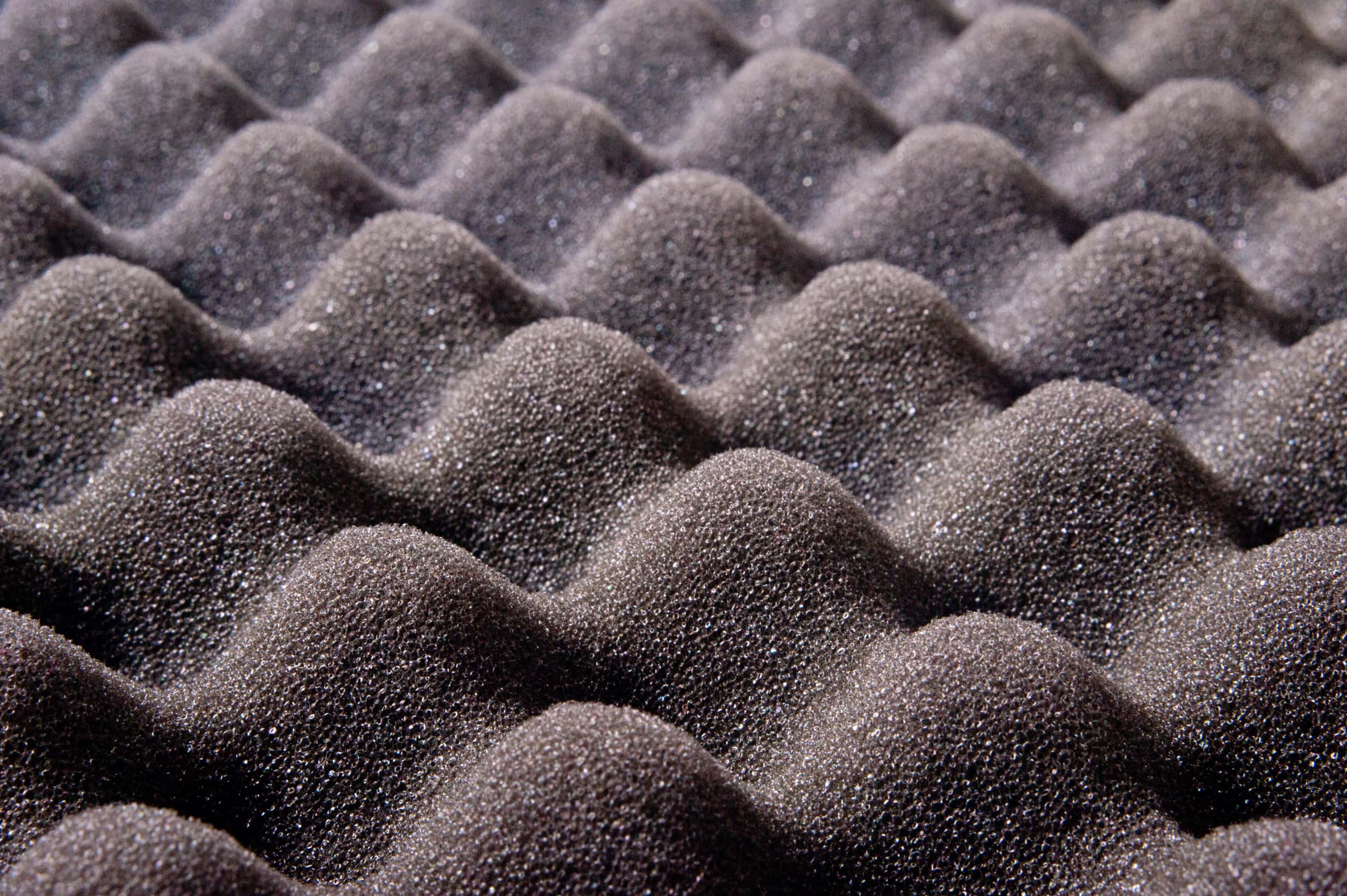
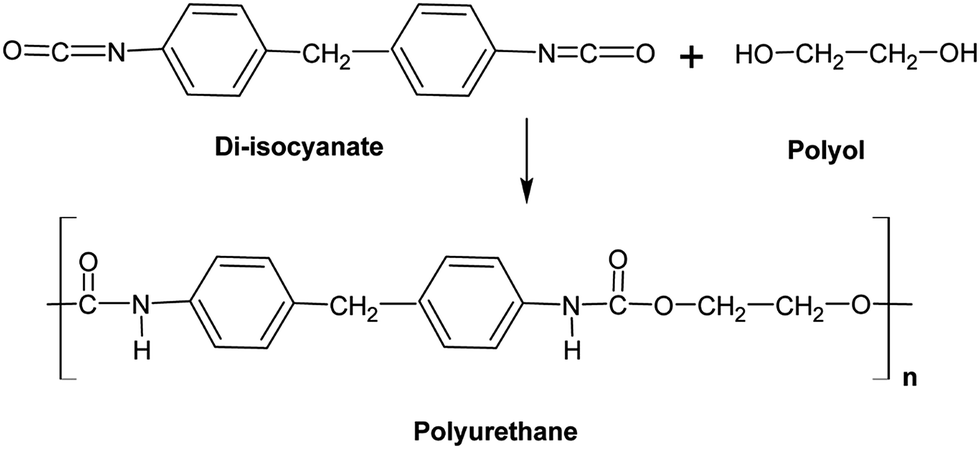
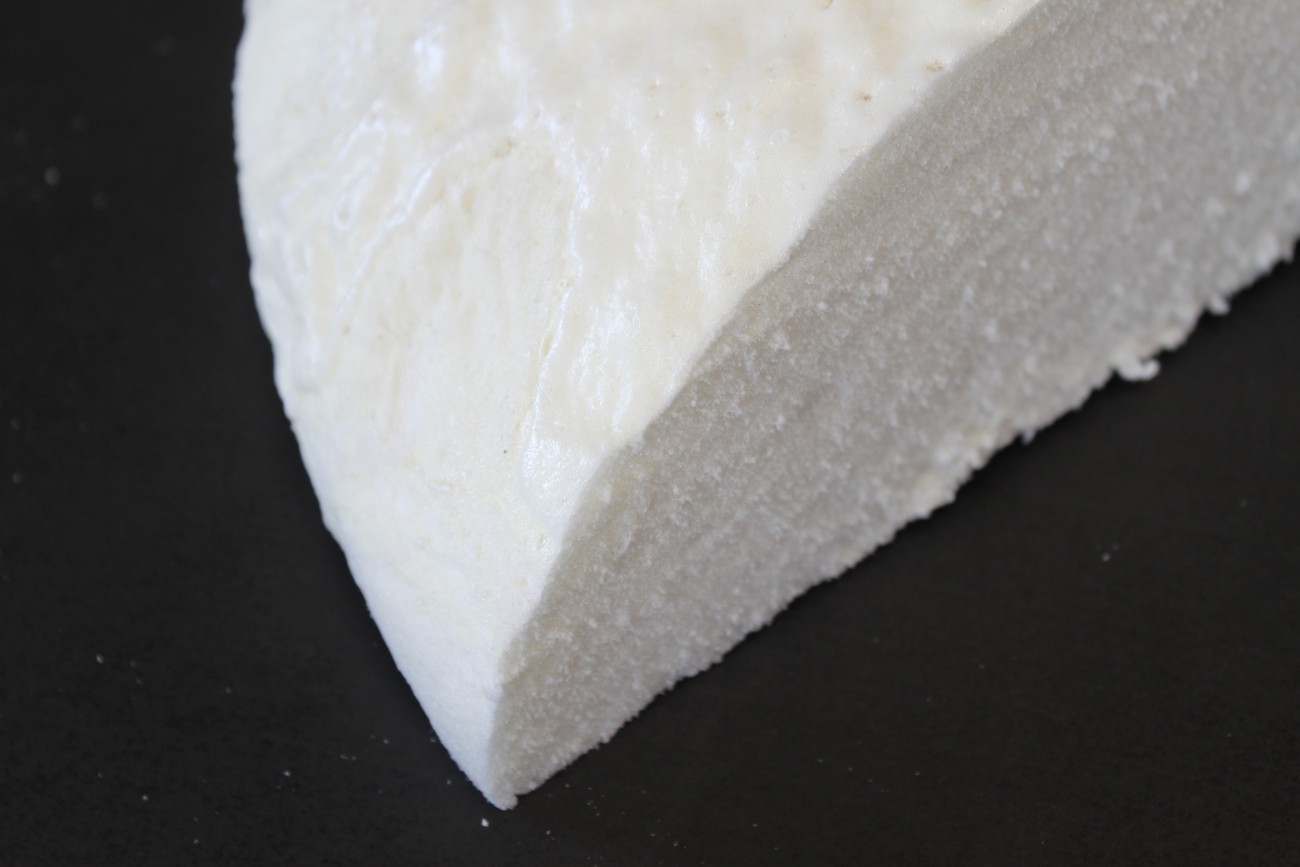

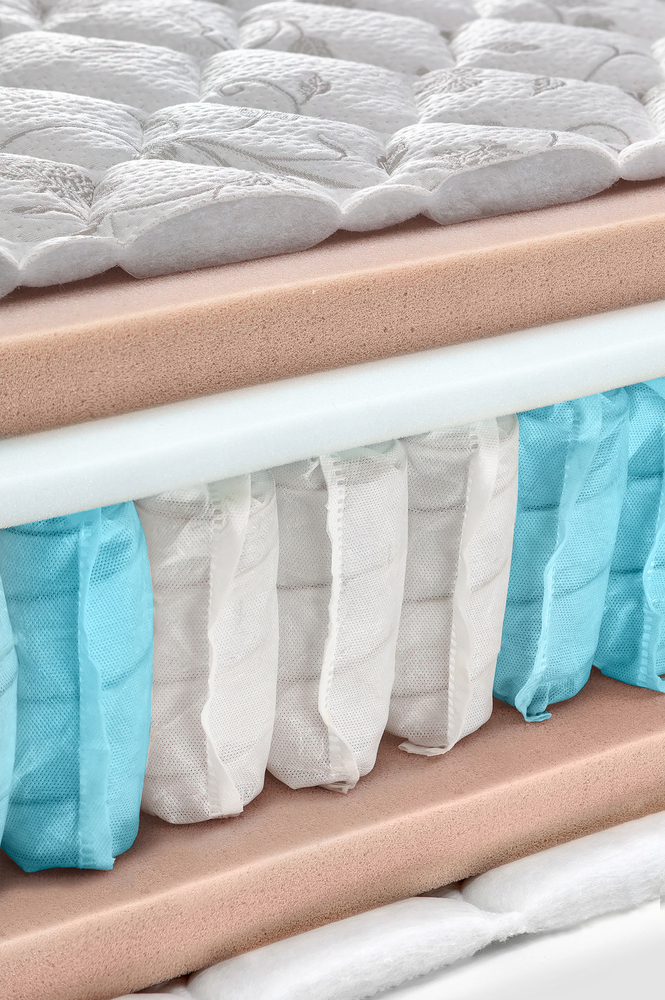

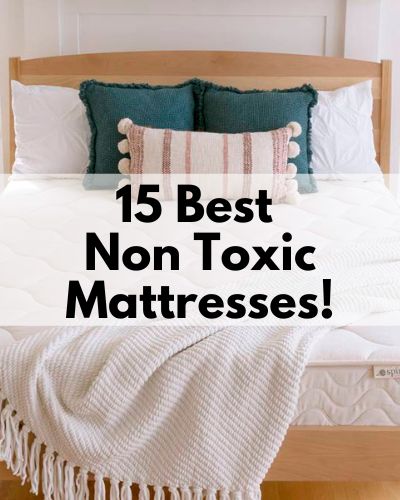
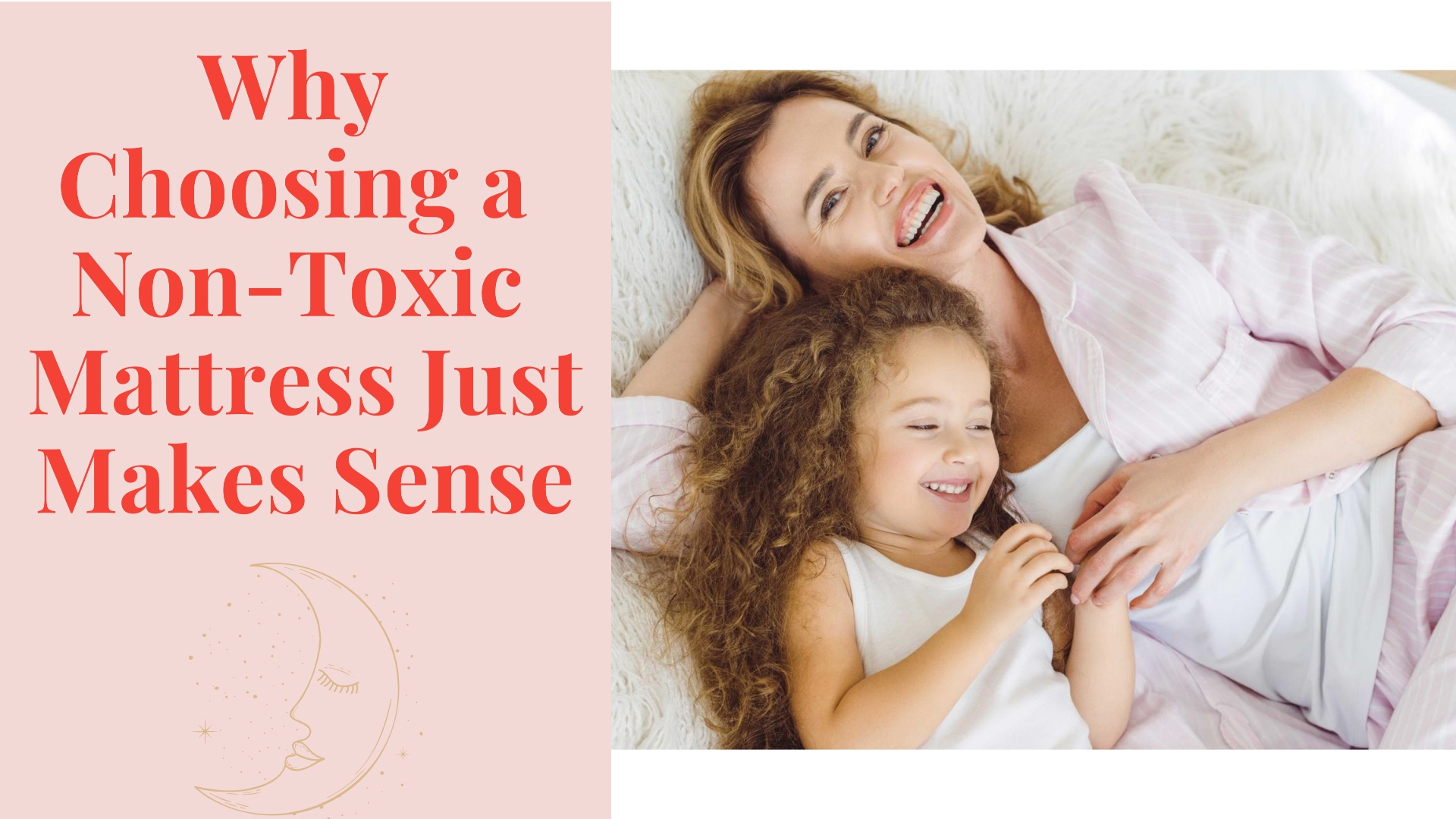






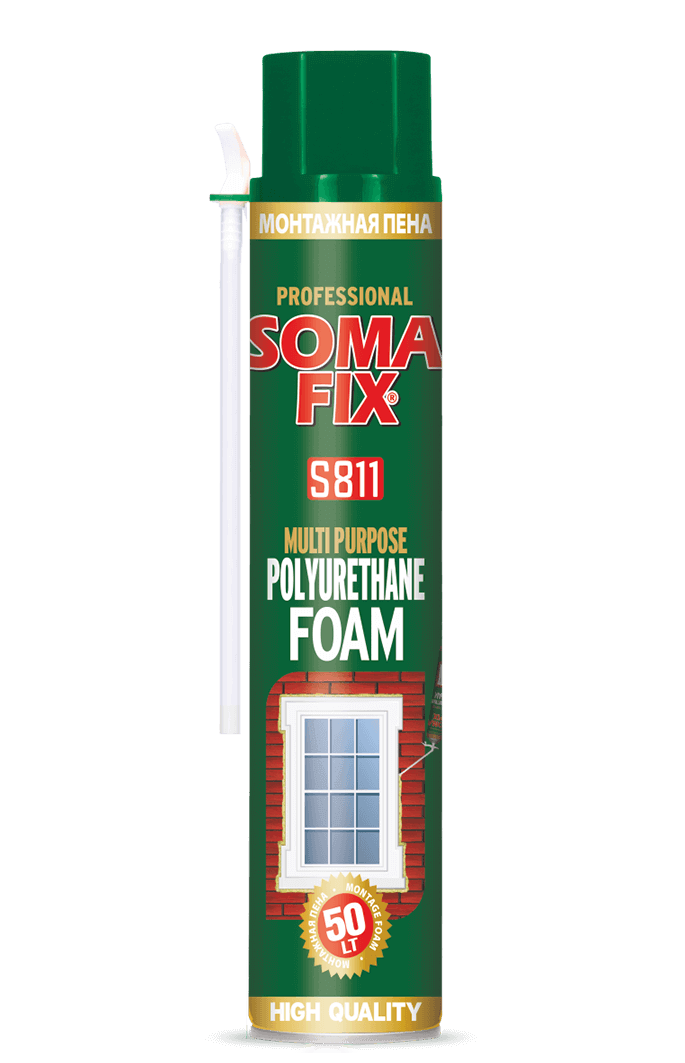
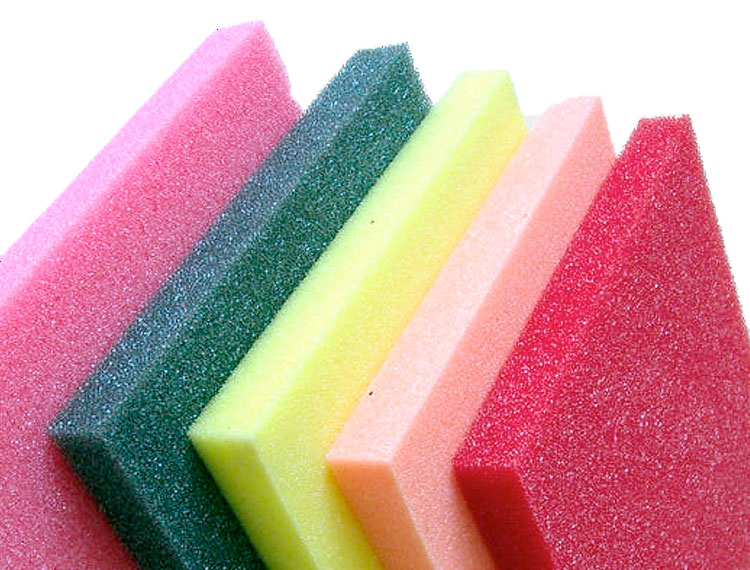

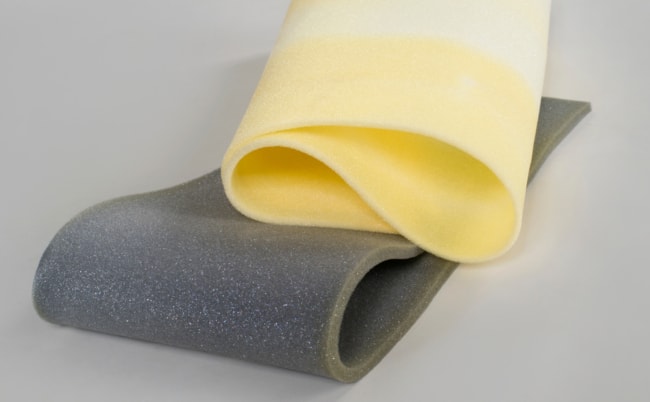
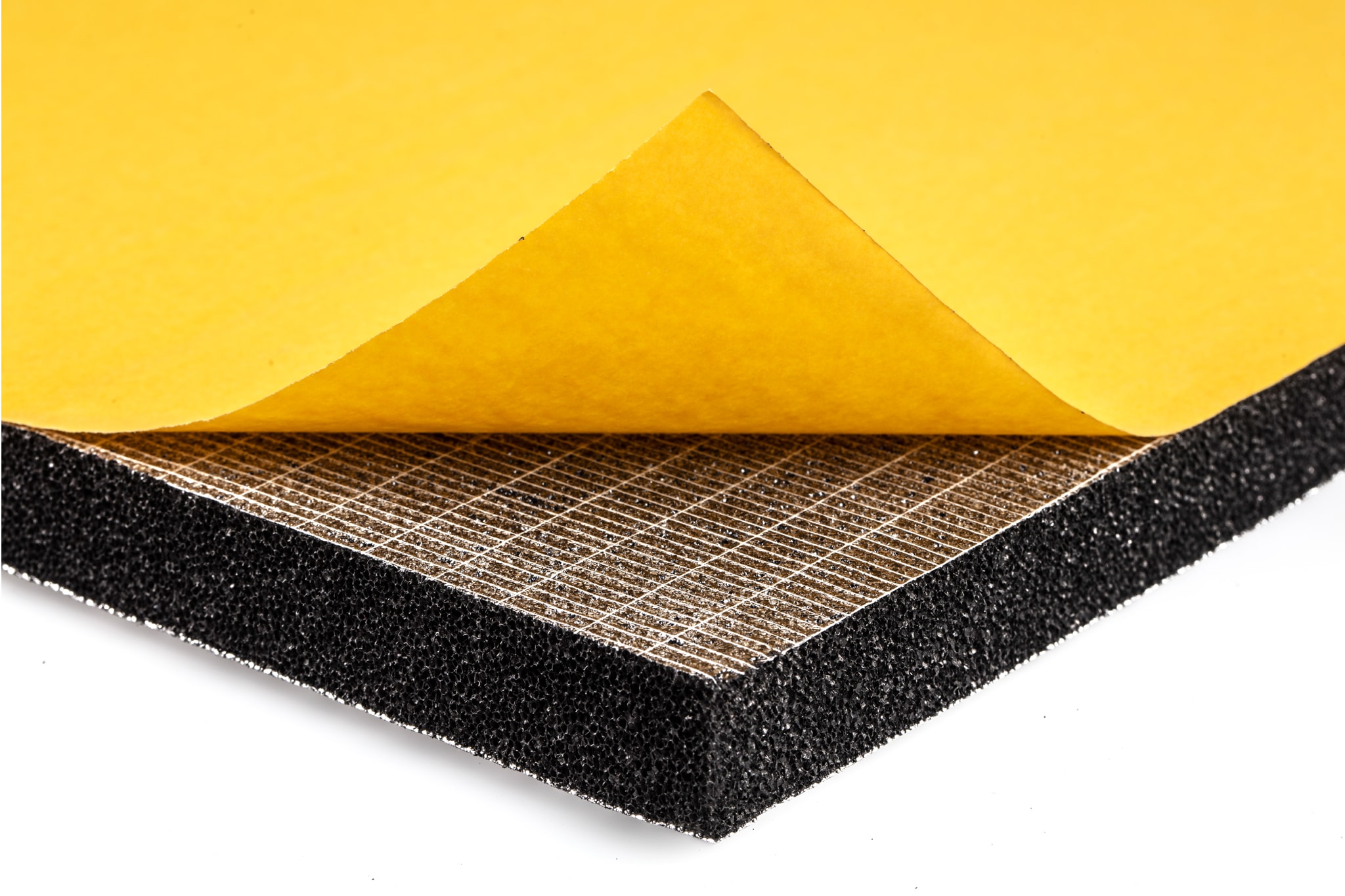

.jpg)

